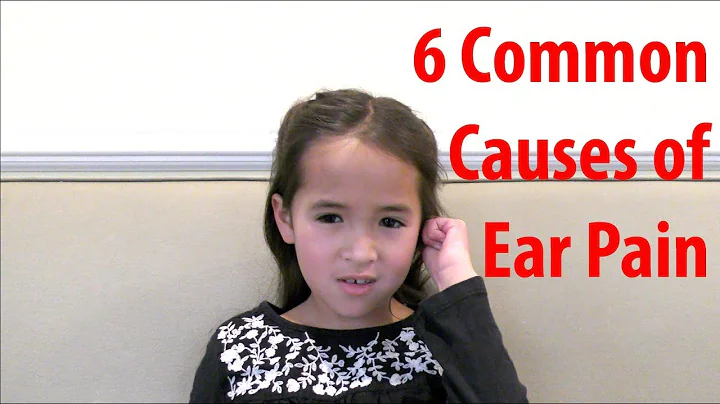"Imitation", as the name suggests, refers to a person's purposeful repetition of another person's behavior, including new behaviors and familiar behaviors. Only when children have the ability and intention to imitate can they learn skills that they do not possess from others. Through imitation, children learn complex, purposeful behaviors. Imitative behaviors include body movements and postures, facial expressions, and language. Some autistic children can master body movements, but they may not be able to imitate the emotions attached to the movements. For example, children can sing Happy Birthday with others at a birthday party, but they may not be able to express the same joy with others. Children with autism need to observe carefully and keep making movements during imitation games; this allows their limbs to be exercised and their body balance to be strengthened. Although they prefer games with a single structure, they can still complete some difficult games with encouragement. Parents should encourage them to actively participate in novel games through imitation; parents should guide them step by step from simple to complex. Parents who have questions about the above can follow me, thank you all.












